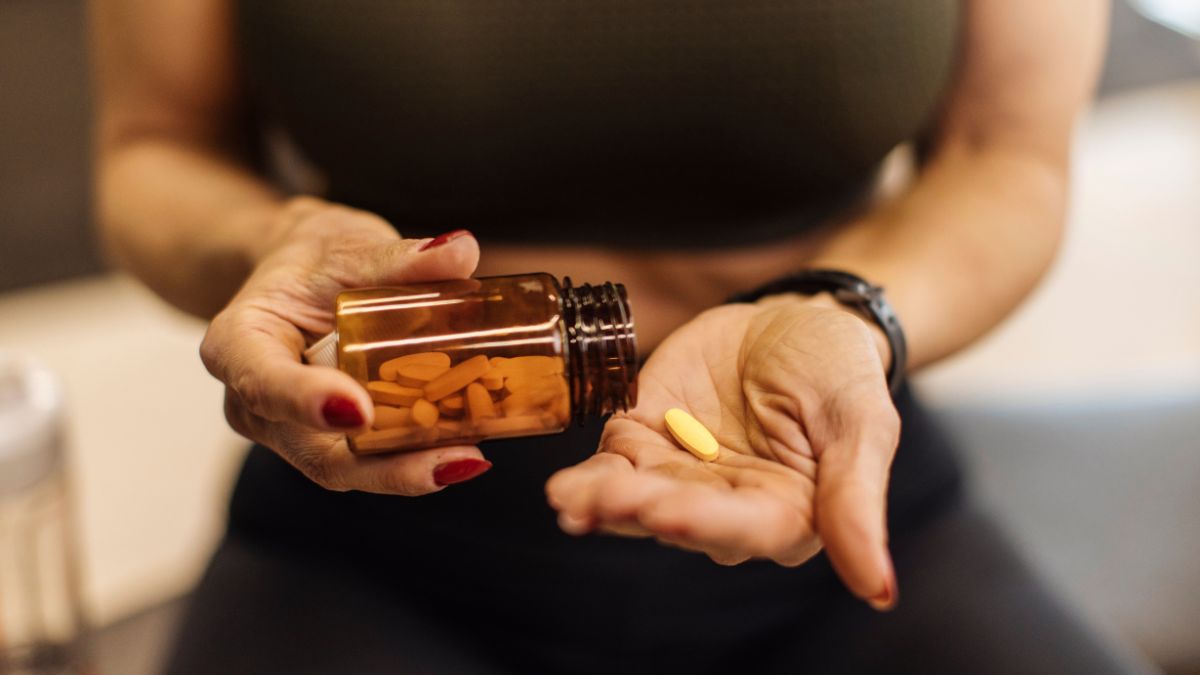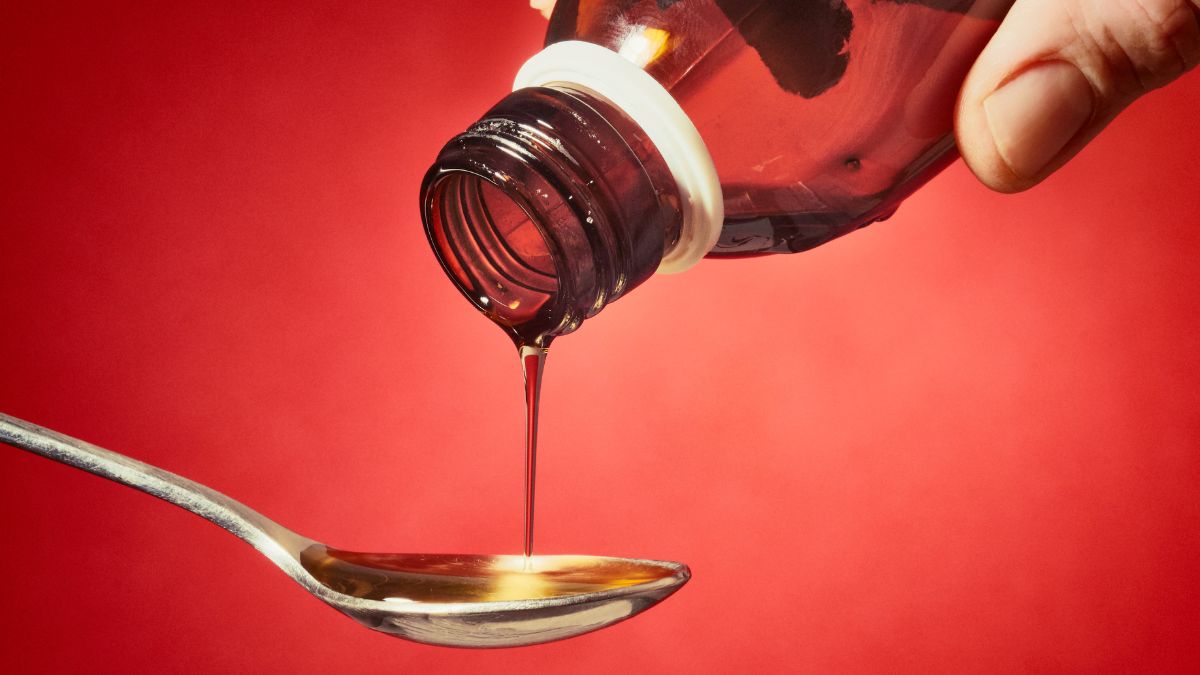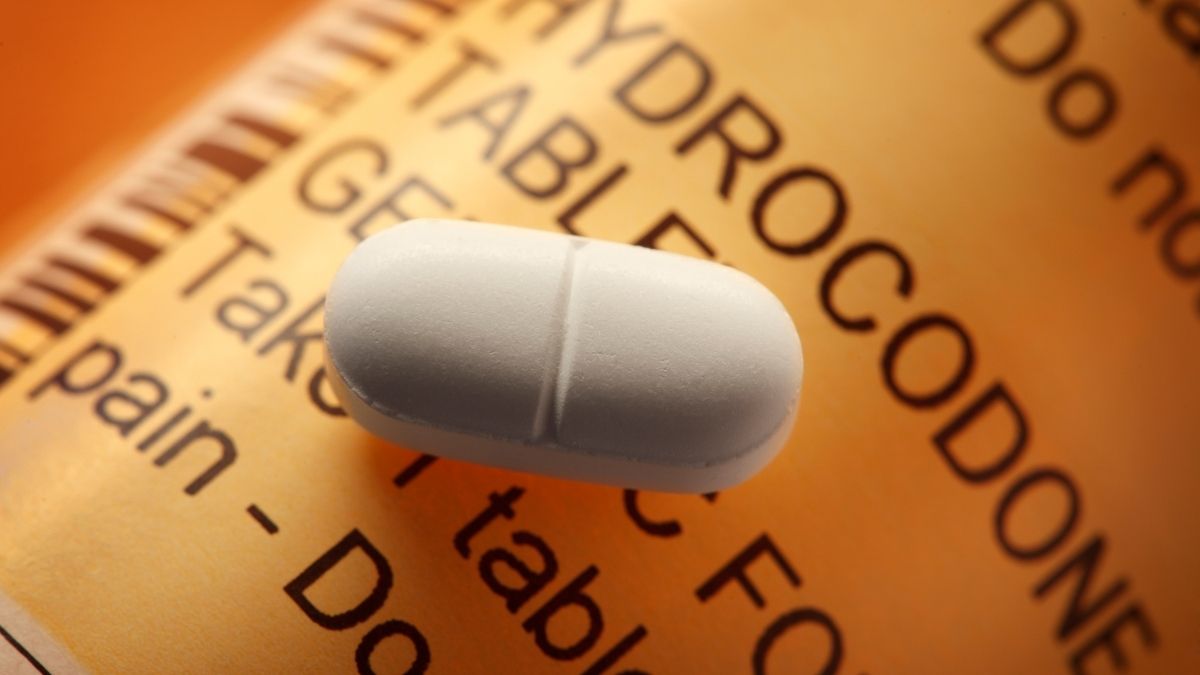What is Salvia?
Salvia divinorum, more commonly known as Salvia, is a powerful hallucinogenic plant that has gained popularity for its psychedelic effects. It contains the compound salvinorin A, which affects the brain's receptors, leading to intense but short-lived hallucinations.
Salvia is not known to cause physical dependence in the same way as substances like alcohol or opioids. It usually creates a concern due to its effect on the mental well-being of an individual.
It goes by many other names as well, like Ska Maríapastora, Seer’s sage, Sage of the diviners, and Yerba de la pastor. Today, it is primarily used by recreational drug users between the ages of 18 and 25.
Due to its recent popularity, many wonder about its effects on a drug test. We’re here to help answer that question.
How Long Does Salvia Stay in Your System?
The effects of salvia, also known as the salvia “high,” generally only last for a short period of time. The length of the salvia high depends greatly on the route of administration a person uses to consume salvia. When individuals smoke salvia, the high begins rapidly, often in less than 30 seconds.
When the drug is chewed or consumed in a tea, however, the high can take between 5 and 10 minutes to begin. Smoking salvia is the more common method. After smoking salvia, users can generally expect to experience short-term effects for approximately 30 minutes, though the peak effects usually dissipate far sooner.
What Factors Affect Salvia Detection Time?
Before understanding the detection of salvia in the tests, let's go through some factors that might affect the detection times.
Dosage: The Higher the dose longer the detection time in the body.
Frequency of Use: Occasional users will likely have a shorter detection window compared to frequent or habitual users, as the body processes the substance differently over time.
Metabolism: Slower metabolisms may result in longer detection times.
Body Fat Percentage: Salvia is not stored in fat tissue like some other drugs, but a higher body fat percentage could influence how quickly substances are metabolized or eliminated from the body.
Hydration Level: Staying well-hydrated may help the body flush out substances faster, reducing detection time.
Type of Drug Test: Since most standard drug tests don’t include salvia or salvinorin A. However, specialized tests may be used to detect Salvia specifically.
Health Condition: If Liver or kidney function is not functioning optimally, it could prolong the detection window.
Method of Consumption: Smoking or chewing salvia can lead to different absorption rates, possibly impacting how long it stays in the body. Smoking is the most potent.
How Long Does Salvia Stay In Your Urine?
Salvia does not generally show up on drug tests because it is not a controlled substance. But if an individual believes that Salvia may be detected in their urine, they should speak to a healthcare professional. Salvia stays in the body for different lengths depending on how much and often a person uses it. Generally speaking, most experts agree that it and its metabolite, salvinorin B, can be detected in urine for up to 72 hours after use.
Call Design for Recovery to Begin Your Healing Journey!
Reach out to our team to discuss sober living options and next steps toward a healthier routine.
How Long Does Salvia Stay In Your Saliva?
Salvia divinorum and its metabolite can also be detected in saliva for up to 72 hours after use. However, when it comes to saliva, it can be detected in a much shorter time frame. In some cases, salvia can be detected within 15 minutes of use. This is because the mucous membrane quickly absorbs the drug when it is chewed or smoked. This means that saliva tests may be more effective than urine tests when it comes to detecting Salvia.
How Long Does Salvia Stay In Your Blood?
Salvia also shows up in the blood for a short period of time. In most cases, it can be detected in the blood within 30 minutes and remains detectable for up to 6 hours. That being said, Salvia is not commonly tested in standard drug tests.
How Long Does Salvia Stay In Your Hair?
Salvia is not detectable in the hair, so it cannot be detected with a hair follicle test. This means that it is not typically used to detect previous use of Salvia. However, an individual’s hair can be tested for other drugs, such as marijuana and cocaine, which could indicate if they have previously used salvia. Substance abuse research on hallucinogenic drugs has shown that a fast-acting hallucinogenic herb tends to stay in your system for only a short amount of time, with the effects lasting for up to an hour or so. The active ingredient in salvia, salvinorin A, quickly breaks down and is not very long-lasting in the body.
Half-Life of Salvia
Salvia’s subjective effects aren’t the only rapid aspects of this drug. The half-life of salvia is also extremely short. In clinical tests, researchers have demonstrated that salvia’s half-life in a person’s blood is only about 60 minutes.
In comparison to other recreational drugs, salvia’s half-life is very short. The prescription opioid oxycodone, for instance, has a half-life of between 2 and 4 hours. These substances are therefore far easier to detect when people take drug tests. In contrast, salvia is very difficult to detect.
Contact Design for Recovery Today!
Fill out our quick form to connect with a peer mentor and learn how our sober living community supports accountability, structure, and personal growth in recovery.
Does Salvia Show Up on a Drug Test?
No, the presence of salvia does not show up on standard drug tests. Most routine drug tests are designed to detect substances like marijuana, cocaine, opioids, and other common drugs.
Only proper drug testing can detect Salvia. However, because salvia is processed by the body so quickly, the window to detect salvia using a test is extremely short. In many cases, salvia cannot be detected after 12 hours.
Tests that can be used to detect salvia include:
- Gas chromatography-mass spectrometry tests blood, urine, and saliva
- Liquid chromatography-mass spectrometry tests blood and urine
- High performance liquid chromatography-atmospheric pressure chemical ionization – tests blood and urine
However, these specialized tests are often quite expensive and not widely available. Hair tests, which tend to be accurate and measure drug use for long periods of time, do not yet exist for Salvia. This makes testing for salvia difficult.
What are the Potential Effects of Salvia on the Body?
Salvia can have a variety of effects on the body and mind, which are largely influenced by the dose and individual factors. These effects are generally short-lived but intense.
- Hallucinations include visual distortions, altered perceptions of time and space, and out-of-body experiences.
- Physical Effects
- Lightheadedness or unsteadiness.
- Difficulty in controlling motor skills or moving normally.
- Motor Impairment
- Nausea and Vomiting
- Increased Heart Rate
- Dilated Pupils
- Tingling Sensations
- Increased Blood Pressure
- Loss of Appetite
- Blurred Vision
- Increased Heart Rate
- Nausea or Vomiting
- Intense emotions, confusion, and memory impairment.
- Feelings of panic, fear, or anxiety
What are the Risks of Using Salvia?
There are many risks a person should consider before using Salvia. For individuals with underlying mental health issues, salvia can trigger anxiety, paranoia, or psychosis. It may also trigger or worsen symptoms of pre-existing conditions like PTSD or bipolar disorder.
The psychoactive effects of salvia can be highly unpredictable. This makes it difficult to know what to expect. Using salvia in places where it is illegal could result in legal consequences, including arrest and fines.
There is limited research on the long-term effects of its use, and due to its potency, it is difficult to know any long-term psychological or physiological impacts.
How to Seek Help for Recovery?
If you or someone you know is struggling with salvia use, it’s important to know that help is available. Here are some tips for recovery:
- Reach Out for Support
The first step toward recovery is acknowledging the need for help. Whether it's speaking with a mental health professional, a support group, or a trusted friend or family member, getting support can make the recovery process smoother. - Consider Therapy
Cognitive-behavioral therapy (CBT) or other forms of counseling can be highly effective for addressing underlying issues and developing healthier coping mechanisms. - Build a Support Network
Connecting with others who are going through similar experiences can help you feel less isolated. Support groups, either in-person or online, can offer a sense of community and shared healing. - Stay Educated About Salvia and Other Substances
Understanding the effects, risks, and potential long-term impacts of Salvia can help individuals make informed choices about their recovery journey. - Create a Healthy Routine
Developing a structured daily routine that focuses on physical and emotional health can aid in long-term recovery. Incorporate regular exercise, a healthy diet, and stress management techniques like mindfulness or meditation. - Enroll yourself in a Sober Living
Sober living homes complement external treatment programs by providing structured peer housing.
If you’re ready to take the first step, don’t hesitate to reach out to a professional or local support group. Recovery is possible, and help is available!
Step Into Hope – Your Recovery Journey Starts Here
Most people who abuse salvia suffer from polydrug addiction, which refers to individuals who are addicted to multiple substances. The most commonly abused substances among salvia users are LSD, ecstasy, heroin, phencyclidine, and cocaine.
If you or a loved one is suffering from salvia addiction or polydrug dependence, it is essential to seek help.
Design for Recovery, a sober living home for men located in West Los Angeles, is a safe and supportive environment to develop a new sober life. Staff support residents in building life skills and maintaining accountability in a peer environment.
We believe that people can recover best while working with others. Research suggests that sober Living support helps residents increase their chances of staying sober in the long term. If you are ready to free yourself from the grip of addiction and begin a new way of life, contact us today.
- What is Salvia?
- How Long Does Salvia Stay in Your System?
- What Factors Affect Salvia Detection Time?
- How Long Does Salvia Stay In Your Urine?
- How Long Does Salvia Stay In Your Saliva?
- How Long Does Salvia Stay In Your Blood?
- How Long Does Salvia Stay In Your Hair?
- Half-Life of Salvia
- Does Salvia Show Up on a Drug Test?
- What are the Potential Effects of Salvia on the Body?
- What are the Risks of Using Salvia?
- How to Seek Help for Recovery?
- Step Into Hope – Your Recovery Journey Starts Here
Begin Lasting Sobriety Now!
Frequently Asked Questions
The effects of Salvia typically last between 5-30 minutes. However, the drug can stay in the system for up to 36-72 hours, depending on the type of test used.
Yes, specialized tests that measure gas levels in the blood can sometimes detect infinitesimal traces of Salvia after multiple weeks. The standard drug tests used by employers, parents, and case workers can rarely detect Salvia.
The signs of Salvia abuse can vary depending on the individual. Still, some common symptoms include intense auditory and visual hallucinations, disorientation, impaired motor coordination, slurred speech, dilated pupils, agitation, or confusion.
Yes, Salvia can be addictive. People who abuse the drug while also abusing other substances are at a higher risk of suffering severe consequences, including legal, financial, interpersonal, and health problems. If you or a loved one is struggling with salvia addiction or polydrug dependence, seek help as soon as possible.
- Perron BE, Ahmedani BK, Vaughn MG, Glass JE, Abdon A, Wu LT. Use of Salvia divinorum in a nationally representative sample. Am J Drug Alcohol Abuse. 2012 Jan;38(1):108-13. doi: 10.3109/00952990.2011.600397. Epub 2011 Aug 11. PMID: 21834614; PMCID: PMC3408869.
- Marchica A, Loré S, Cotrozzi L, Lorenzini G, Nali C, Pellegrini E, Remorini D. Early Detection of Sage (Salvia officinalis L.) Responses to Ozone Using Reflectance Spectroscopy. Plants (Basel). 2019 Sep 12;8(9):346. doi: 10.3390/plants8090346. PMID: 31547452; PMCID: PMC6784234.
- Marrinan S, Roman-Urrestarazu A, Naughton D, Levari E, Collins J, Chilcott R, Bersani G, Corazza O. Hair analysis for the detection of drug use-is there potential for evasion? Hum Psychopharmacol. 2017 May;32(3). doi: 10.1002/hup.2587. Epub 2017 May 31. PMID: 28568705.
- https://pubmed.ncbi.nlm.nih.gov/21709724/







Written By
David Beasley